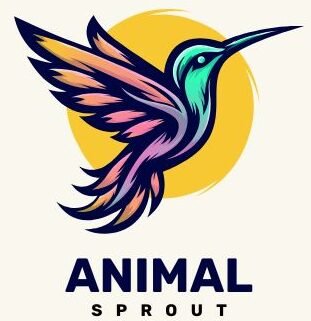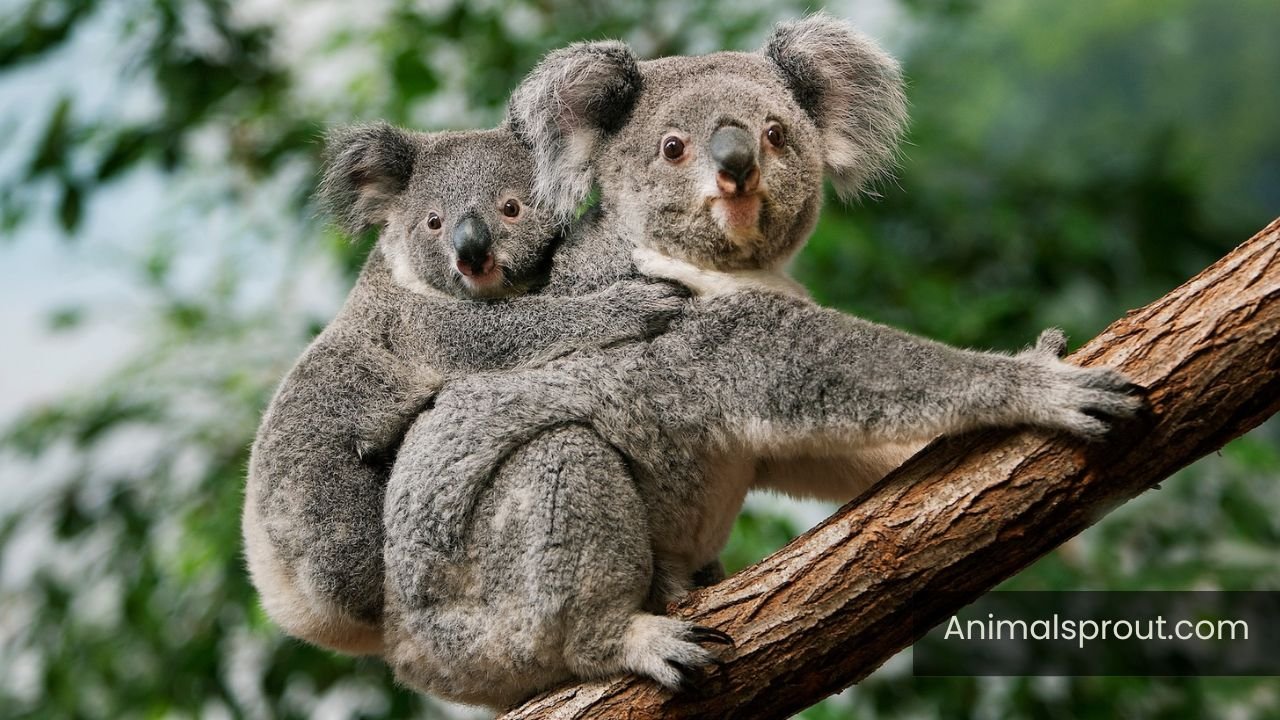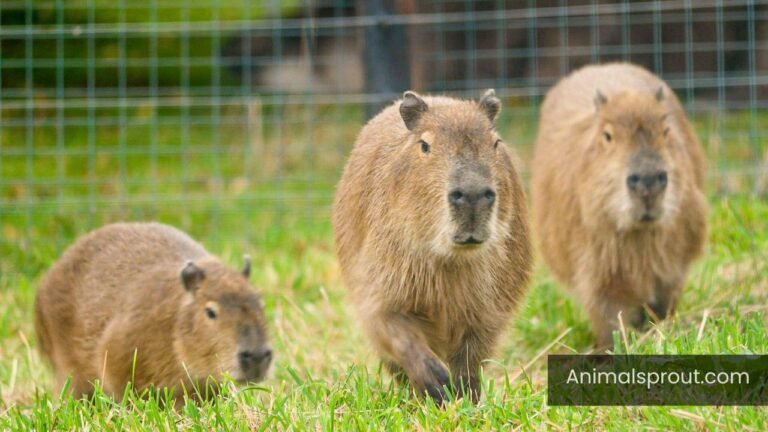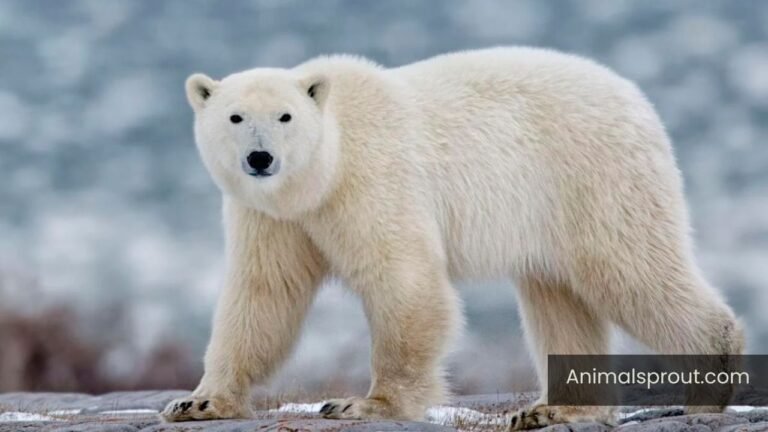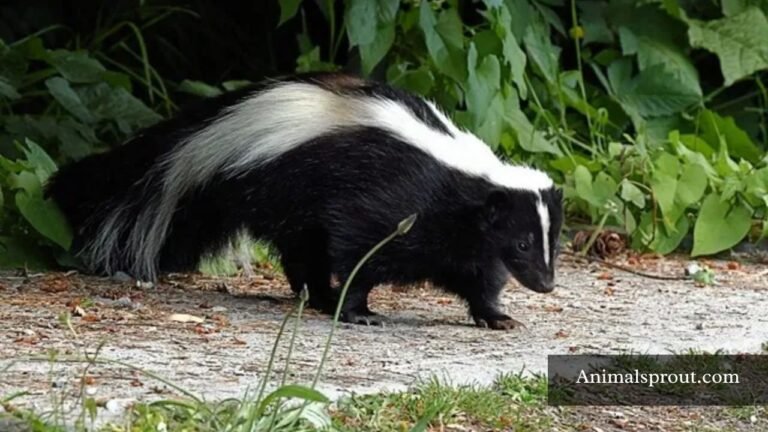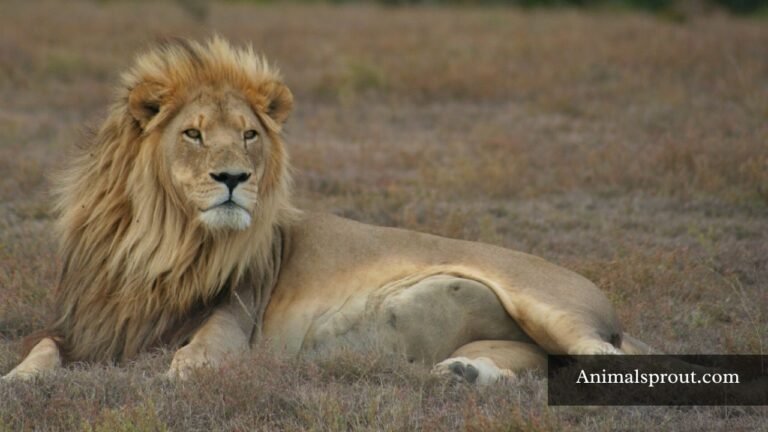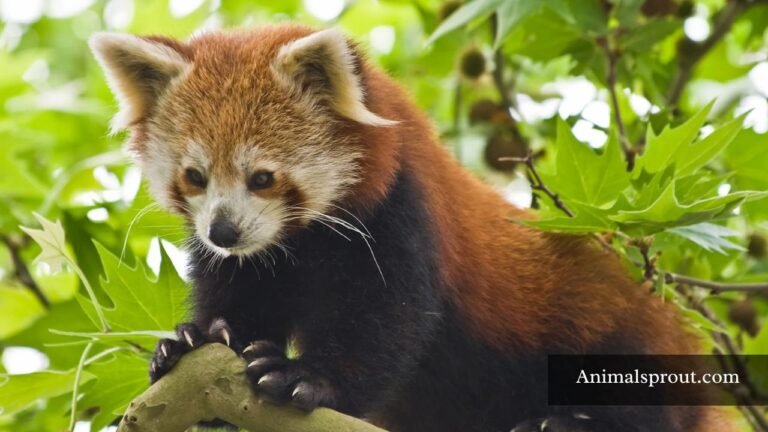Top 18 Animals With Lowest IQ In The World (With Images)
In this article, we’ll delve into the fascinating world of Animals With Lowest IQ, exploring species that often struggle with basic survival skills. Understanding these creatures not only highlights the diversity of intelligence in the animal kingdom but also reminds us of the unique adaptations that allow them to thrive. By the end, you’ll gain insight into why intelligence varies so drastically across species and what it means for their survival.
List Of Animals With Lowest IQ
Here is the list animals that has lowest iq:
| Number Of Animals | Animals With The Lowest IQ |
| 1 | Pandas |
| 2 | Turkeys |
| 3 | Kakapos |
| 4 | Koalas |
| 5 | Flamingos |
| 6 | Secretary Birds |
| 7 | Sloths |
| 8 | Jellyfish |
| 9 | Jerboas |
| 10 | Oysters |
| 11 | Ostriches |
| 12 | Sea sponge |
| 13 | Komodo Dragons |
| 14 | Slugs |
| 15 | Killdeer |
| 16 | Norwegian Lemmings |
| 17 | Sea Cucumber |
| 18 | Cane Toads |
Pandas
Scientific Name: Ailuropoda melanoleuca
Class: Mammalia
Diet: Herbivores
When it comes to intelligence in the animal kingdom, pandas often draw attention not just for their adorable appearance but also for their surprisingly low IQ. While many animals exhibit complex problem-solving skills and social structures, giant pandas seem to operate on a more instinctual level. Their diet, consisting almost exclusively of bamboo, is indicative of a narrow ecological niche that limits their adaptability—an evolutionary choice that leaves them vulnerable in changing environments. This dietary specialization requires them to consume vast amounts of bamboo daily, yet they lack the cognitive flexibility to exploit other food sources effectively.
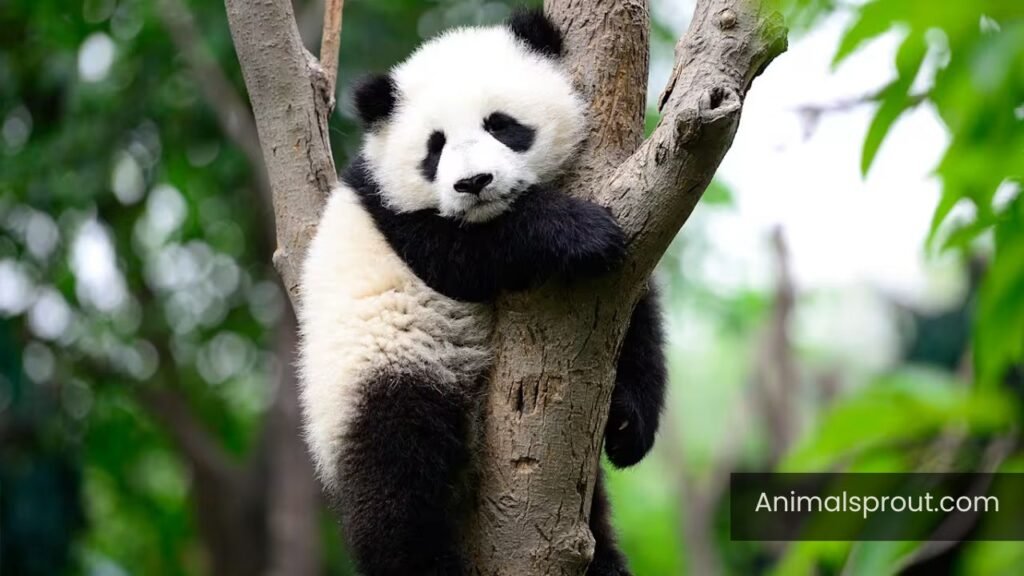
Moreover, pandas’ behavioral patterns can appear clumsy and naive, especially when compared to more agile and cunning species. Their slow reproductive rates further compound their survival challenges; pandas have a notoriously low birth rate in the wild, often giving birth to only one cub every few years. This lack of reproductive strategy reflects their simplistic approach to life, raising questions about the long-term viability of their species in the face of habitat loss and climate change.
Turkeys
Scientific Name: Meleagris gallopavo
Class: Aves
Diet: Omnivores
Turkeys, often celebrated for their role in festive feasts, are frequently labeled as one of the lowest IQ animals, sparking curiosity about their cognitive abilities. While they might not excel in traditional intelligence tests, their behavior reveals a fascinating adaptation to survival. Turkeys possess an acute awareness of their environment, utilizing their keen eyesight to detect predators—a skill that has kept them thriving in the wild despite their perceived lack of intellect.
Turkeys display complex social structures and communication methods that challenge the notion of low intelligence. They engage in a range of vocalizations to convey messages within their flocks, demonstrating a level of social interaction often overlooked. Their ability to learn from experiences, even if it seems simplistic, showcases an instinctual intelligence tailored for survival rather than problem-solving.
Kakapos
Scientific Name: Strigops habroptilus
Class: Aves
Diet: Herbivores
The kakapo, a flightless parrot native to New Zealand, often sparks curiosity not just for its charming appearance but also for its surprisingly low IQ compared to other bird species. This nocturnal avian, known for its distinct green plumage and owl-like face, has adapted to a life on the forest floor, where intelligence is not necessarily measured by problem-solving skills but rather by survival tactics. Kakapos have evolved in an environment devoid of mammalian predators, leading to a unique lifestyle that prioritizes social interaction and vocal communication over cognitive complexity.

What makes the kakapo particularly fascinating is how its low IQ translates into its behavior. While other birds may rely on cunning strategies to avoid threats, kakapos exhibit a more straightforward approach: they often freeze in place when confronted with danger, a strategy that reflects their evolutionary history rather than a lack of awareness. This instinctual response underscores the idea that intelligence can manifest in various forms across species, shaped by environmental needs and survival instincts.
Koalas
Scientific Name:Phascolarctos cinereus
Class: Mammalia
Diet: Herbivores
Koalas, often adored for their cuddly appearance and serene demeanor, also hold the title of one of the lowest IQ animals in the animal kingdom. This surprising distinction isn’t merely a reflection of their limited problem-solving abilities; it’s intricately tied to their specialized diet and unique evolutionary path. Feeding primarily on eucalyptus leaves, which are toxic to most creatures, koalas have adapted to a life of lethargy and minimal movement. This energy-efficient lifestyle means they spend up to 20 hours a day sleeping, leaving little room for cognitive development.
Interestingly, this low intellectual capacity doesn’t undermine their survival. Instead, it highlights a fascinating aspect of nature: specialization over generalization. While other animals might need to exhibit complex behaviors to adapt to varying environments, koalas have honed their existence to thrive in a niche that demands simplicity and efficiency. Their reliance on a single food source has sculpted not only their diet but also their lifestyle, making them masters of energy conservation. In a world that often equates intelligence with adaptability, the koala challenges us to reconsider what it means to be successful in the wild.
Flamingos
Scientific Name: Phoenicopteridae
Class: Aves
Diet: Herbivores
Flamingos, often celebrated for their striking pink plumage and graceful stance, are surprisingly regarded as some of the lowest IQ animals in the avian world. This designation stems not from a lack of beauty but rather from their simplistic behaviors and social structures. Unlike many other bird species that exhibit complex problem-solving skills or intricate communication methods, flamingos thrive in large colonies, relying heavily on instinctual behaviors to navigate their environment. Their survival hinges on flock dynamics rather than individual intelligence, showcasing a fascinating aspect of evolution where communal living outweighs solitary cognitive prowess.

Secretary Birds
Scientific Name: Sagittarius serpentarius
Class: Aves
Diet: Carnivorous
The Secretary Bird, an iconic raptor native to Africa, is often celebrated for its striking appearance and unique hunting methods. However, when it comes to intelligence, these birds have earned a reputation for being among the lowest IQ animals. Unlike many avian species that exhibit complex problem-solving skills, Secretary Birds rely heavily on instinct and learned behaviors, primarily honing their abilities through repetitive actions rather than cognitive reasoning. Their distinctive hunting technique—stomping on snakes and other small prey—shows a level of adaptation but lacks the nuanced strategy seen in more intelligent birds, such as crows or parrots.
Despite their lower cognitive capabilities, Secretary Birds possess a fascinating resilience and adaptability. They thrive in open grasslands and savannas, showcasing an impressive ability to navigate their environments without the need for sophisticated social structures or communication strategies. This simplicity in their behavior prompts a reflection on the broader definition of intelligence in the animal kingdom; perhaps survival and adaptability can be just as vital as problem-solving skills. In a world where intelligence is often equated with complexity, the Secretary Bird reminds us that sometimes, straightforward instincts are enough to thrive in the wild.
Sloths
Scientific Name: 1. The three-toed sloth: Bradypus spp.
2.The two-toed sloth: Choloepus spp.
Class: Mammalia
Diet: Herbivores
Sloths, often celebrated for their laid-back lifestyle and adorable appearances, are paradoxically among the animals with the lowest IQs in the animal kingdom. These slow-moving creatures, native to Central and South America, have evolved to thrive in their lush, treetop habitats, but their leisurely pace comes at a cost. Their sluggish nature is not just a result of their low metabolic rate; it also limits their ability to react swiftly to predators. This seemingly carefree existence raises intriguing questions about survival and adaptation in the wild.

What’s fascinating is that sloths possess a unique ecological niche that highlights the beauty of evolutionary trade-offs. While their intelligence may be lacking, they are masters of camouflage, blending seamlessly into the green canopy to avoid detection. Their diet primarily consists of leaves, which are low in energy and nutrients, further encouraging a slow lifestyle. This adaptation allows them to conserve energy and remain undetected by predators, proving that sometimes, being less intelligent can be a strategic advantage in the grand tapestry of life.
Jellyfish
Scientific Name: Cnidaria
Class: Scyphozoa
Diet: Carnivores
The jellyfish, a creature that has roamed the oceans for over 500 million years, possesses a unique biological makeup that challenges our traditional notions of intelligence. Lacking a centralized brain and complex nervous system, these gelatinous beings operate with a simple nerve net, which orchestrates their movements and responses to environmental stimuli. This minimalist design raises intriguing questions about the very essence of intelligence: is it merely the ability to think, or can survival and adaptability in a changing environment also be considered forms of intelligence?
Jellyfish exhibit remarkable resilience and efficiency despite their low IQ. They thrive in diverse marine ecosystems and have even shown an uncanny ability to withstand harsh conditions, such as extreme temperatures and low oxygen levels. Their reproductive strategy—mass spawning—ensures their survival across generations, highlighting an instinctual intelligence that relies on sheer numbers rather than cognitive capabilities. This prompts us to reconsider how we define success and intelligence in the animal kingdom: perhaps the jellyfish embodies a different kind of wisdom, one that emphasizes evolutionary prowess over cerebral complexity.
Jerboas
Scientific Name: Dipodidae
Class: Mammalia
Diet: Omnivorous
Jerboas, small desert-dwelling rodents known for their long hind legs and remarkable jumping abilities, offer a fascinating glimpse into the world of low intelligence among animals. While they may not possess the cognitive complexity seen in many mammals, their survival strategies are ingeniously tailored to their harsh environments. These creatures thrive in arid landscapes, relying on instinctual behaviors rather than learned problem-solving skills. Their ability to navigate the vast sandy terrains is a testament to nature’s clever adaptations, proving that survival does not always hinge on high intelligence.
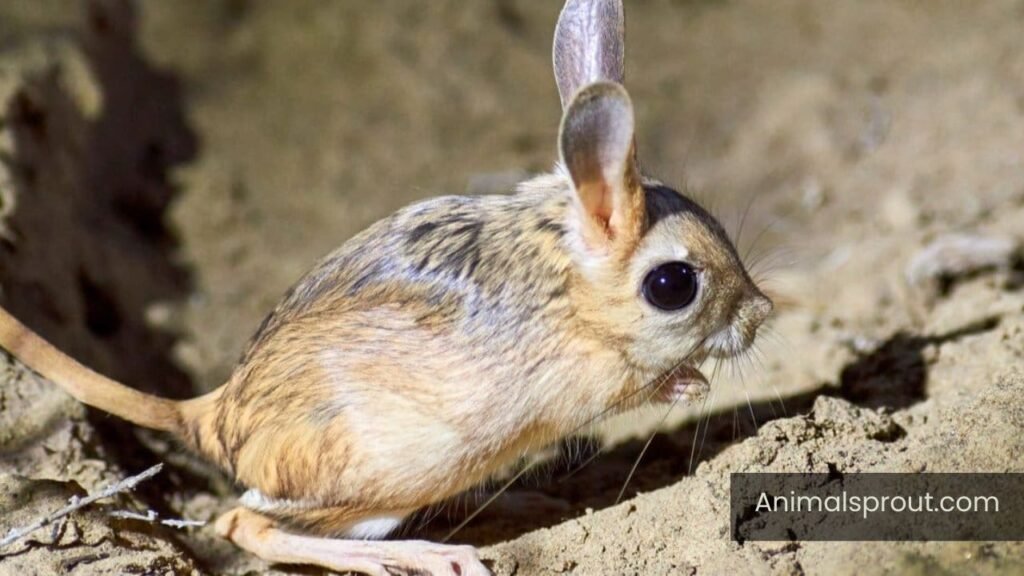
Interestingly, the jerboa’s low IQ can be viewed through the lens of evolutionary efficiency. Their simplistic neural architecture allows them to conserve energy and resources in an ecosystem where every calorie counts. Instead of engaging in complex social interactions or intricate foraging techniques, jerboas focus on what is essential: evading predators and finding food. This stark contrast with more cognitively advanced species prompts us to rethink our definitions of intelligence. In a world where adaptability often trumps brainpower, jerboas exemplify that sometimes, being ‘smart’ is simply about knowing your niche and thriving within it.
Oysters
Class: Bivalvia
Diet: Filter feeder
Oysters, often celebrated for their culinary value, possess an intriguing yet perplexing distinction in the animal kingdom: they have the lowest IQ of any known animal. With no centralized brain or complex nervous system, these bivalves thrive in their aquatic environments through instinctual behaviors rather than cognitive reasoning. This lack of intelligence might lead one to underestimate their ecological importance, but oysters play a crucial role in maintaining the health of marine ecosystems. By filtering water and providing habitat for various species, they contribute significantly to biodiversity.
While oysters may lack intelligence as we define it, they exhibit a fascinating form of adaptation. When threatened by predators, some species can close their shells tightly, effectively becoming immobile and relying on physical barriers for survival. This instinctual response highlights a different type of intelligence—one rooted in survival rather than problem-solving. Furthermore, oysters are capable of forming symbiotic relationships with other marine organisms, showcasing that even the simplest creatures can engage in complex interactions that support their environment. In this light, oysters remind us that intelligence is not solely defined by cognitive ability but can also manifest in the ways organisms navigate and sustain their ecosystems.
Readmore: Explore Scavenger Animals In The World.
Ostriches
Scientific Name: Struthio camelus
Class: Aves
Diet: Herbivores
Ostriches, often celebrated for their impressive speed and towering stature, are surprisingly often cited as one of the animals with the lowest intelligence. This reputation stems not just from their behaviors but also from their evolutionary adaptations. Unlike many birds, ostriches have evolved to rely on their physical prowess rather than cognitive skills for survival. Their brains are relatively small compared to their bodies, leading to a fascinating paradox: these flightless giants can run up to 45 miles per hour yet struggle with problem-solving tasks that would challenge even a child.

Interestingly, their simplistic approach to life can be viewed through a lens of efficiency. In the wild, an ostrich’s instinctual responses—such as running from predators or burying its head in the sand—are direct survival strategies that don’t require complex thought. While this might seem simplistic or even foolish, it highlights an important aspect of evolution: the idea that intelligence is not always synonymous with survival. In fact, by streamlining their cognitive processes, ostriches have adapted perfectly to their environments, thriving where many other species might falter.
Sea sponge
Scientific Name: phylum Porifera
Class: phylum Porifera
Diet: Filter feeders
The sea sponge, often overlooked in discussions of intelligence, holds the title for the lowest IQ among animals. This simple organism, lacking a nervous system or brain, thrives in marine environments by filtering water and extracting nutrients. While it may seem like a prime example of nature’s simplicity, sponges are remarkable in their own right; they boast a unique ability to regenerate and adapt to their surroundings, showcasing a different kind of survival intelligence that doesn’t rely on cognitive function.
What’s fascinating about sea sponges is their evolutionary resilience. They have existed for over 600 million years, surviving mass extinctions and drastic environmental changes without the need for sophisticated problem-solving skills. Their very existence challenges our conventional understanding of intelligence, pushing us to reconsider what it means to be “smart.” In an ecosystem where adaptability often trumps intellect, the sea sponge serves as a testament to nature’s diverse strategies for survival, reminding us that intelligence can take many forms beyond human definitions.
Komodo Dragons
Scientific Name: Varanus komodoensis
Class: Reptilia
Diet: Carnivorous
The Komodo dragon, often celebrated for its impressive size and fearsome reputation, surprisingly ranks among the animals with the lowest IQs. Despite their formidable presence, these giant lizards exhibit limited problem-solving abilities and social interactions. Their survival relies more on instinct than intellect; they are solitary hunters, utilizing a mix of stealth and brute force to catch prey rather than employing strategic tactics. This lack of cognitive complexity underscores a fascinating aspect of evolution—where sheer physical prowess can outweigh mental acuity in the struggle for survival.
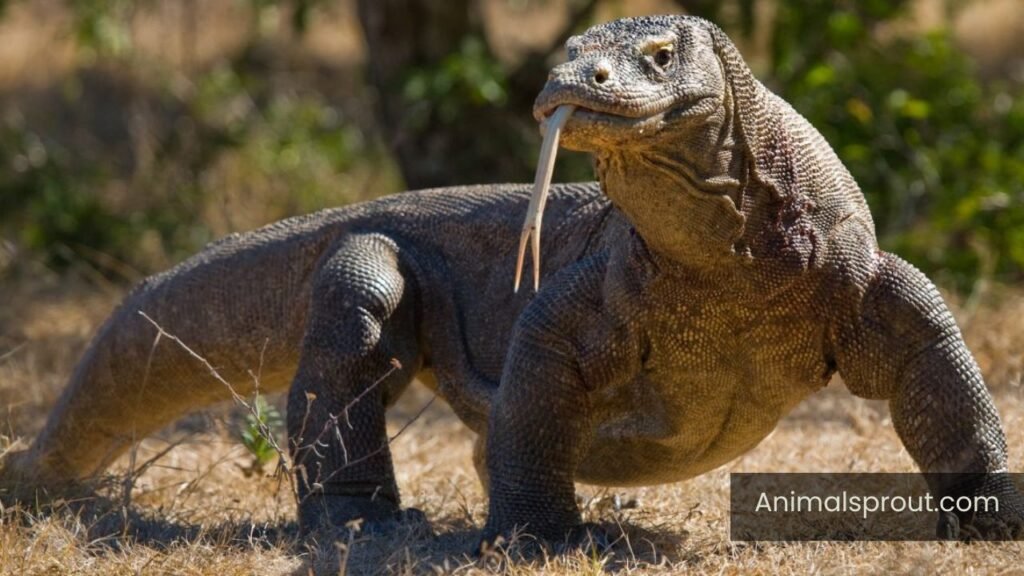
Yet, what makes the Komodo dragon intriguing is how their low intelligence does not hinder their success as apex predators. Equipped with an acute sense of smell and a venomous bite, they thrive in the harsh environments of Indonesia’s islands. This paradox raises questions about the definitions of intelligence in the animal kingdom. While humans often equate higher IQ with adaptability and survival, Komodo dragons remind us that evolution favors those who can effectively leverage their unique physical attributes, even if their brains aren’t the most advanced.
Slugs
Class: Gastropoda
Diet: Herbivorous
Slugs, often dismissed as simple garden nuisances, embody a fascinating paradox in the animal kingdom. With an average IQ that ranks them among the lowest of all creatures, these mollusks navigate their environment with an instinctual grace that belies their simplicity. Lacking a centralized brain, slugs rely on a decentralized nervous system, which allows them to react to stimuli without the complex thought processes seen in more intelligent animals. This evolutionary adaptation has enabled them to thrive in various habitats, demonstrating that intelligence is not always synonymous with survival.
Slugs showcase a different kind of intelligence through their remarkable ability to adapt and endure. While they may lack the cognitive prowess of more advanced species, their survival strategies—such as their ability to regenerate lost body parts or enter a dormant state during unfavorable conditions—highlight a unique form of resilience. Their slow pace may seem like a disadvantage, but it allows them to be stealthy foragers, avoiding predators while efficiently consuming decomposing organic matter.
Also read: Explore Top 20 Most Shy Animals In The World (With Images).
Killdeer
Scientific Name: Charadrius vociferus
Class: Aves
Diet: Omnivorous
The killdeer, a plucky little shorebird known for its distinctive call and dramatic broken-wing display, often finds itself at the bottom of the avian intelligence scale. While it may not boast the cognitive prowess of other birds, such as crows or parrots, the killdeer’s evolutionary strategy is a fascinating study in survival. Instead of relying on complex problem-solving skills, this bird employs a simple yet effective tactic: distraction. When a predator approaches, the killdeer will feign injury, luring threats away from its nest—a behavior that underscores a unique form of instinctual intelligence.

Interestingly, the killdeer’s low IQ doesn’t equate to a lack of adaptability. These birds thrive in diverse habitats, from open fields to gravelly shores, showcasing their ability to exploit various environments. Their reliance on instinct rather than intellect allows them to flourish without needing advanced social structures or intricate communication methods.
Norwegian Lemmings
Scientific Name: Lemmus lemmus
Class: Mammalia
Diet: Herbivores
Norwegian lemmings, often mistakenly associated with mass suicide due to sensationalized media portrayals, actually exhibit fascinating survival strategies that challenge the notion of low intelligence. These small rodents are masters of adaptation, thriving in the harsh Arctic tundra where their behavior is less about cognitive prowess and more about instinctual responses to environmental pressures. For instance, their cyclical population booms and crashes are driven by food availability and predation, demonstrating a complex relationship with their ecosystem rather than a simple lack of awareness.
The communal nature of lemming behavior sheds light on social intelligence. During migration, these creatures navigate treacherous terrains in large groups, showcasing a form of collective decision-making that emphasizes the importance of social dynamics over individual cognitive ability. This instinctual wisdom allows them to outmaneuver predators and locate resources, proving that intelligence can manifest in ways that go beyond traditional measures like problem-solving or tool use.
Sea Cucumber
Scientific Name: Holothuroidea
Diet: Detritivores
The sea cucumber, often overlooked in the vibrant marine ecosystem, presents a fascinating study in the realm of low intelligence among animals. Unlike their more charismatic counterparts, these leathery creatures lack a centralized nervous system, relying instead on a decentralized network of nerve cells. This unique arrangement allows them to function effectively in their role as essential recyclers of nutrients on the ocean floor, breaking down organic matter and facilitating a healthier marine environment. Their simplistic approach to survival challenges our traditional notions of intelligence, prompting us to reconsider what it means to be “smart” in the animal kingdom.

Sea cucumbers possess an intriguing defense mechanism that underscores their adaptability. When threatened, they can expel their internal organs, which not only distracts predators but also allows for regeneration over time. This remarkable ability highlights a different form of resilience and survival strategy—one that doesn’t rely on cognitive prowess but rather on instinctual behavior and physical adaptation.
Cane Toads
Scientific Name: Rhinella marina
Class: Amphibia
Diet: Omnivorous
Cane toads, often dismissed as low-IQ animals, offer a fascinating glimpse into the complexities of survival and adaptability in the wild. While they may not exhibit problem-solving skills like some mammals, their evolutionary success speaks volumes about their resilience. Originating from Central and South America, cane toads were introduced to various regions, including Australia, to control agricultural pests. Instead of fulfilling their intended role, they became an invasive species, showcasing a remarkable ability to thrive in diverse environments despite the challenges they face.
What’s particularly intriguing about cane toads is their unique reproductive strategy. A single female can lay up to 30,000 eggs at once, ensuring that even if many offspring do not survive, enough will to perpetuate the species. This high reproductive rate compensates for their lack of cognitive complexity, revealing a different kind of intelligence rooted in sheer numbers rather than strategic thinking. Moreover, their toxic secretions serve as a defense mechanism against predators, underscoring that survival instincts can sometimes outweigh intellectual prowess in the animal kingdom.
Readmore: Explore Top 18 Most Greedy Animals In The World.
Conclusion
The animals with lowest IQ highlight an important aspect of biodiversity: intelligence is not a one-size-fits-all trait. Many of these species have evolved unique adaptations that allow them to survive and reproduce in their environments, showcasing that different forms of intelligence exist across the animal kingdom. Whether it’s the simple yet effective strategies of a sea sponge or the slow pace of a sloth, each creature has its own niche that supports ecological harmony.
Recognizing this diversity encourages us to look beyond traditional measures of intelligence and appreciate the myriad ways life manifests on Earth. Let’s take a moment to celebrate all living beings, regardless of their cognitive abilities, and advocate for their protection and preservation.
FAQs
Which animal has the highest iq?
Determining which animal has the highest IQ is challenging because intelligence manifests in various forms and can be measured differently across species. Generally, primates, particularly great apes like chimpanzees and orangutans, exhibit high levels of cognitive ability. They demonstrate problem-solving skills, use tools, and possess complex social structures, suggesting advanced reasoning and understanding.
Which animal has the lowest iq?
Generally, animals like sponges or certain types of jellyfish are considered to have very low cognitive abilities due to their simple nervous systems and lack of centralized brains. These organisms exhibit basic responses to stimuli but do not demonstrate problem-solving skills or complex behaviors associated with higher intelligence.
What is the dumbest animal in the world?
Koalas, for instance, are sometimes perceived as lacking intelligence due to their specialized diet and sedentary lifestyle. They primarily eat eucalyptus leaves, which are low in nutrients, and have adapted to a slow-paced existence that doesn’t require complex problem-solving skills.
What is the stupidest animal?
Labeling any animal as the “stupidest” is a bit of a misnomer, as intelligence can vary widely across species and is often context-dependent. For instance, animals like the sloth may appear slow and lethargic, leading some to assume they lack intelligence. However, sloths have adapted perfectly to their environment, showcasing a different type of survival skill that prioritizes energy conservation over speed.
Are pandas stupid?
Pandas are often perceived as clumsy and goofy, which can lead to the misconception that they are stupid. However, intelligence in animals is not solely measured by their ability to perform tricks or solve puzzles. Pandas have evolved specific behaviors that suit their needs in the wild, such as their unique diet of bamboo and their solitary lifestyle. While they may not display traditional signs of intelligence, like complex problem-solving skills, pandas have adapted well to their environment. Their instinctual behaviors, like climbing trees for safety and finding food, showcase a different kind of intelligence focused on survival rather than human-like reasoning.
